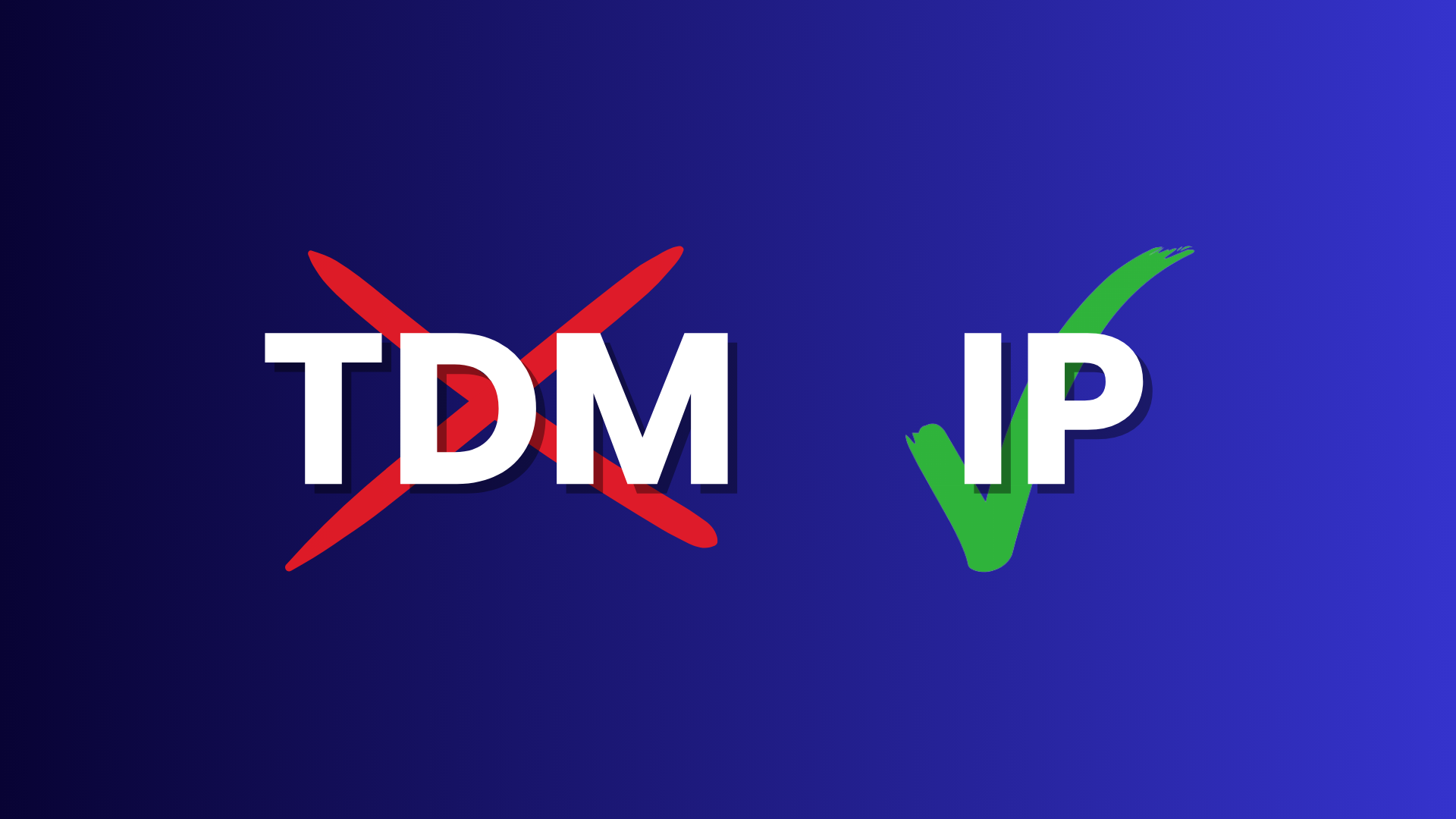As I’ve mentioned on other occasions, it’s very important for my work to stay updated through reliable sources—and what could be more reliable than the CNMC (Spanish National Commission on Markets and Competition)?
That’s how I came across this interesting article today: “We’re Closing the Curtain on TDM Technology: All Calls Will Be IP-Based.” It informs us that as of January 27, 2025, voice communication will exclusively rely on Voice over IP technology.
Reading this took me back to January 1997. At that time, as a young intern at Ericsson Mobile Systems, I packed my bags and braved the -25°C temperatures of Stockholm for a week.


You might wonder: what does that have to do with the end of TDM technology? Well, it’s not easy to find references to the solution that took me to those icy Nordic lands, but back in 1996, Ericsson introduced two Internet-related products. One of them, the “Phone Doubler” (see page 87 of Dynamics of Corporate Strategy from a Value Chain Perspective), was a new feature for the AXE switch. It allowed end users to make or receive phone calls while being connected to the Internet. This was the solution I, as a young engineer, had to learn in order to present it a few weeks later at a major event for all Ericsson Global Account Managers. The event was held at the Alcora Hotel (now part of the Ilunion chain) in Seville.
Again, what does this have to do with the CNMC article? It’s connected because it marks the early days of the Internet as we know it. Back then, to go online, you needed a modem, which luckily operated at 64 kilobits per second. However, it would keep the home’s only phone line busy, preventing any calls from being made or received.
This solution was one of the pioneers of Voice over IP—the very technology now replacing circuit-switching systems.
Those early days weren’t just about new technologies; they also came with some of the most amusing anecdotes of my career. These experiences remain vivid from my many years at Ericsson—a place that shaped me into the professional I am today and instilled values I hold dear.
First Anecdote: A Humbling Encounter: At the Alcora Hotel, a man in his 50s with a prominent mustache came up to me, patted me on the back, and said, “Who are you? I’ve never seen you before.” I thought the same of him, but considering I’d only been at the company a couple of months, I didn’t say so. We had a pleasant 10–15-minute conversation until my good friend Juan Carlos Sierra showed up and the man in the moustache asked us why we hadn’t seen each other on the high-speed AVE train. It turned out we had traveled in Business Class, while he was in Economy. About half an hour later, I realized I had been chatting with none other than Eduardo Herranz Cordero, the General Director of Ericsson!
Second Anecdote: My First Big Presentation: The then-support director—my boss’s boss’s boss—Juan Herrera Tornero (now happily retired, according to LinkedIn), asked me to give a talk to my support colleagues on IP technology and the Phone Doubler Voice over IP solution. For those familiar with Ericsson’s Leganés office, we initially reserved the small brown meeting room. However, due to overwhelming interest, we had to move to the larger blue room—or maybe vice versa; my memory isn’t perfect.
Imagine a 1.5-year-old rookie in the industry, with just 3 months at Ericsson, standing before dozens of seasoned engineers specialized in circuit-switching, AXE, transmission systems, and the dazzling ATM technology of the time. I was terrified—and it wouldn’t be the last time I’d feel that way in front of a large audience.
There were no sleek PowerPoint slides back then; I had numbered acetate sheets for my presentation. Things went smoothly until I explained that the IP protocol was connectionless and that packets could travel along different paths. Suddenly, I found myself under fire. They argued that such a system had no future: “How could something work if packets arrived out of order or were lost?” At the time, I lacked the experience to counter many of their arguments effectively.
Nonetheless, I survived. In fact, I outlasted the Phone Doubler solution itself, which we managed to sell to Telefónica (or so I was told, as I didn’t see much support activity afterward). Other solutions and technologies, like IMS, followed—but that’s a story for another time.
As they say in movies: “The King is dead, long live the King!” In our case: “TDM is dead, long live IP!”



